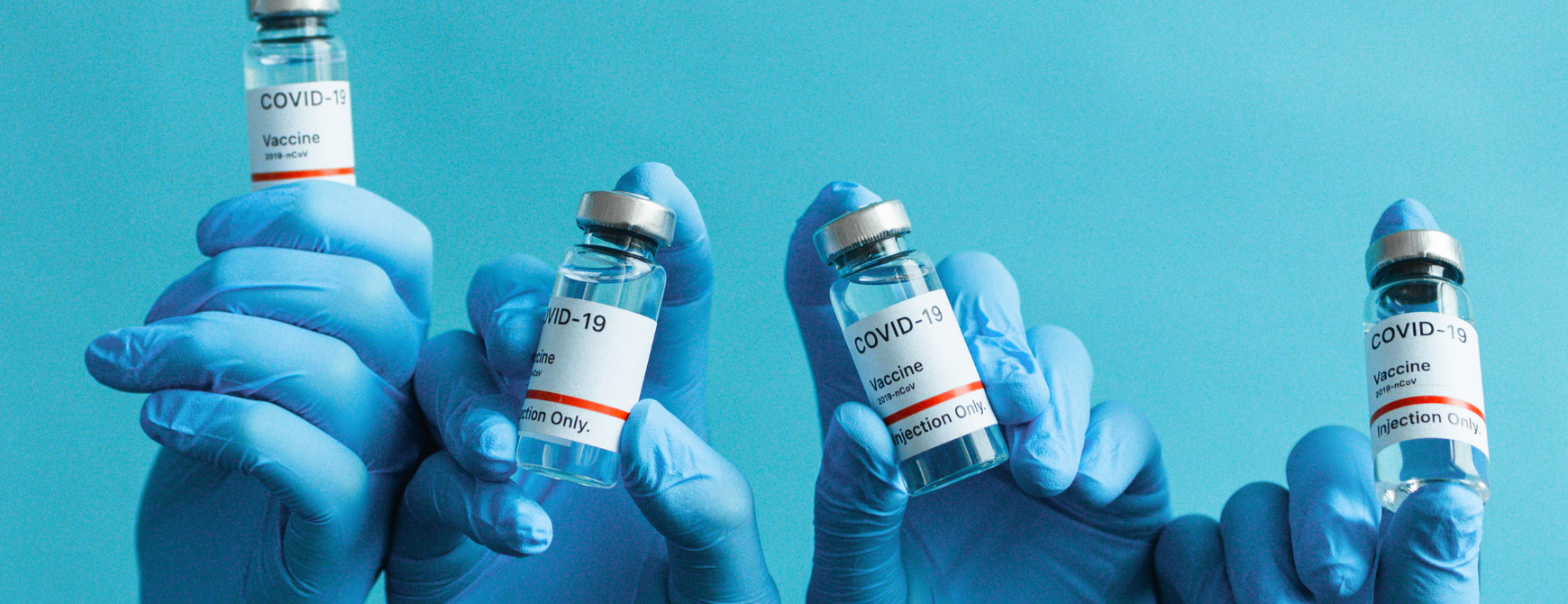Young People and COVID-19 Vaccination: What Influenced Their Decision to Get Vaccinated?

Maksim Goncharenok/Pexels
Date of publication:
In Slovenia, young people aged 23 to 26, with higher education levels and above-average material status, were the most likely to choose COVID-19 vaccination. Conversely, the youngest (15–18 years old) and slightly older (27–30 years old) individuals, who had lower education levels, lived more often in rural areas, and had mothers or primary caregivers with lower education levels, were more likely to refuse vaccination. These individuals also more frequently reported having already contracted COVID-19. A study by the Faculty of Social Sciences at the University of Ljubljana, which examined why Slovenia had one of the lowest COVID-19 vaccination rates in the EU in 2021, revealed that young people's vaccination decisions were strongly linked to their socioeconomic status.
The study was conducted via the JazVem (Valicon) online panel and included 507 young people aged 15 to 30. Among the respondents, 45.8% were vaccinated, 30.0% refused vaccination, 12.4% were hesitant, and 11.8% were delaying vaccination but intended to get vaccinated in the near future. A significant contribution of the study was its distinction not only between vaccinated and unvaccinated individuals but also among three subgroups of the unvaccinated: those intending to get vaccinated, those who were hesitant, and those who completely rejected vaccination.
Why Did Some Young People Delay, Hesitate, or Refuse COVID-19 Vaccination?
Key factors that distinguished vaccinated individuals from others included higher trust in science, vaccines, and the healthcare system, as well as a positive attitude toward COVID-19 vaccination. Young people who were hesitant or refused vaccination displayed a more pronounced negative attitude toward vaccines, lower perceived social expectations regarding vaccination, higher self-efficacy in managing health issues, and a tendency toward conspiracy theories.
Particularly interesting were those who delayed vaccination. Despite expressing the greatest fear of COVID-19, they postponed getting vaccinated due to doubts about vaccine safety on the one hand and uncertainty about their ability to manage health issues on the other.
Study Relevance for Designing Vaccination Strategies for Other Diseases
In 2021, Slovenia had one of the lowest COVID-19 vaccination rates in the EU, particularly among those under 37. To gain better insight into the factors influencing young people's vaccination behavior, the researchers developed a model integrating the Theory of Planned Behavior, the Health Belief Model, and other relevant sociodemographic and health-related factors to better explain the complexity of young people's vaccination decisions.
The study’s findings can help health policymakers develop strategies to address young people’s vaccination concerns for other infectious diseases as well. Recognizing the complex interplay of characteristics, fears, and attitudes toward vaccination is crucial, requiring a differentiated approach, especially for subgroups that are more hesitant about vaccines.
Article: Atanasova, S., Kamin, T., & Perger, N. (2025). Predictors of COVID-19 Vaccination Intention and Behavior Among Young People in a European Union Country With Low COVID-19 Vaccination Rates: Cross-Sectional Study. JMIR Public Health and Surveillance, 11, e64653. doi: 10.2196/64653
This research was financially supported by the Slovenian Research and Innovation Agency as part of the research program Social Psychology and Sociology of Everyday Life (program group number: P5-0183).

